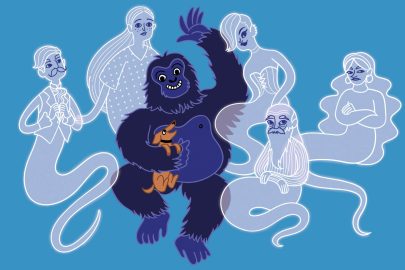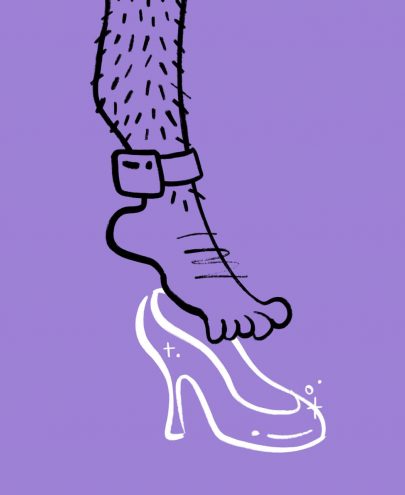Sep 21, 2015 etc
Making Island culture mainstream.
I felt practically giddy after reading Lani Young’s Scarlet Lies one weekend. It was an easy, fun read, and I was laughing out loud from the first page and throughout, but it was more than that. I was excited. I’d never read anything like it. I had never come across a story that revolved entirely around a modern Samoan woman before. I hadn’t read a book with this type of strong, complex and sassy Island female lead character.
The kind of women I hang out with every day, the kind of spirited women I follow on Twitter, I hadn’t seen brought to life in the pages of a book before. Not since Albert Wendt’s Sons for the Return Home had I read about Samoan families, and culture, described in such colourful detail.
It made me regret ignoring Lani Young’s previous work, and it made me make a mental note to read more, because I was surely missing out on many more similar stories. At least, I hope that’s the case. I didn’t know it at the time, but I’d been starving for stories I could relate to, stories I could see myself in.
How I felt then reminded me of a conversation I had with a group of teens in Otara a couple of months ago. They were students from Tangaroa College at the Tupu Youth Library to support their teacher, David Riley, who was launching his book Samoan Heroes. It’s about myths and legends, and high-achieving Samoans, and it was impossible not to be affected by the students’ excitement for the book. They were hungry to read and learn about people who looked like them, who came from where they came from, whose backgrounds they could relate to, and who had accomplished great things.
Their enthusiasm was infectious, they were keen to be inspired and to know that people like them could achieve. It seemed like this was the first book they’d come across that told them all these things, which meant there weren’t many other places this message was being reinforced.
Riley told me he wrote his first book after a group of students struggled with an assignment that asked them to write about legends and high achievers from their country of origin.
I wonder if some of us don’t tell our stories because we feel they won’t be valued in mainstream New Zealand.
Some parents, when asked for help, weren’t sure how learning about stories from the Islands would help their children achieve in New Zealand. I wonder if some of us don’t tell our stories because, on some subconscious level, we feel they won’t be valued much in mainstream New Zealand. And maybe some of us don’t actively seek out our own stories for the same reason. Or maybe we feel like we’ve already heard, or we already know, these stories — we’re living them, after all.
But I remember the excitement I felt after reading Lani Young, I remember the energy the students at Tangaroa College had after finding pages and pages of inspiration in Samoan Heroes, and I know more of our stories need to be told. And while our parents, or grandparents, or great-grandparents may not have been born here, we are New Zealanders, and our stories should be a constant part of the mainstream.
Scarlet Lies, by Lani Wendt Young (Nafanua Press, available through Amazon)
Samoan Heroes, by David Riley (Reading Warrior, $35)





